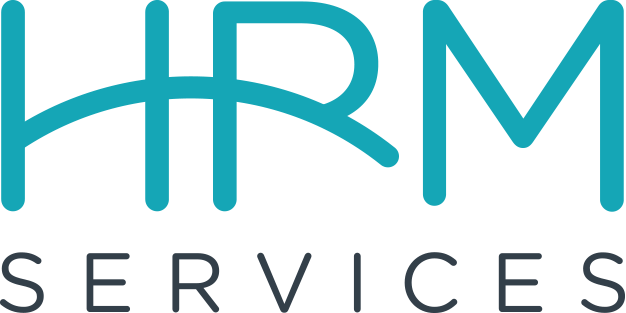
Welcome to the May edition of HR Hot Topics!
This month, I want to hit on a couple of things. Two new rules are in place and they both were part of an Appropriations Act that President Biden signed into law at the tail end of 2022. These rules have some effective dates that are hitting us now, and both have to do with either pregnant employees or nursing mothers. If the nursing mothers sounds familiar to you, that’s because back when we had the Affordable Care Act legislation, there was a change made to the Fair Labor Standards Act. I know, a lot of acronyms here, but the Fair Labor Standards Act was amended to allow for break time for nursing mothers. And that legislation applied to employers that had 50 or more employees.
Actually it applied to all employers – but if you had less than 50 employees and could show that this would create an undue hardship for you, you could potentially get an exemption. But this Pump Act that’s now going to be put in place expands those protections for nursing mothers beyond what was in the federal guidelines under the Fair Labor Standards Act. So previously, nursing mothers got protections for up to one year post-birth and under the Pump Act, (P.U.M.P. is the acronym – it stands for Providing Urgent Maternal Protections for Nursing Mothers. Under the Pump Act, mothers would get protections for one year. So your employees who are expressing breast milk for two years post-birth will get reasonable break times for that purpose. Again, you have to allow a place for them to express breast milk, and that place has to be private with a locking door free from view and free from interruption or intrusion somewhere other than a bathroom. Now, it doesn’t have to be a standalone room that is only used for those purposes.
It could be an office, it could be a break room, a conference room, something like that. So long as you’ve got the ability to lock the door, put a sign out front, lower the shades, etc. that would fit the purposes of this bill just like it would’ve under the requirements of the Fair Labor Standards Act as well. So the key difference here is that the protections are for one year, and the employees that are protected under this are also extended under the FLSA. The original legislation really only applied to non-exempt or your hourly staff. And under the Pump Act, it expands that protection to all employees, including your exempt level staff. There’s no set limit to the number of breaks an employee could use for these purposes. It just says reasonable. So there’s going to have to be some conversation back and forth between you and your employee to arrange for the number of breaks and when those breaks occur.
There’s not a requirement that these are paid. There was never a requirement that these are paid breaks unless the employee’s not fully free from job duties during the break, in which case it would have to be paid. If they’re an exempt employee, then there should be no deductions to their regular weekly rate of pay.
The other time when it could potentially be paid is if you’re offering paid breaks to employees for other purposes, and the employee chooses to use that break for this purpose instead, in which case then it would be paid. So there’s a little bit of nuance to this, but generally speaking, the Pump Act is just an expansion of the break time for nursing mothers that was already allowed under the Fair Labor Standards Act.
There is a 10 day notice period here. So if an employee feels like their rights have been violated under the Pump Act, they have to alert an employer of that fact, and then the employer has 10 days to remedy that before the employee could bring a private right of action against the employer. So that’s good news for us. Make sure you’re having conversations with employees, especially ones that are going out on maternity leave. You know, as they’re coming back to the office, you want to make sure that you have some of these things set up for them, if that is their intent. The other law, so to speak, that came out of this Appropriations Act is the Pregnant Fairness Act. The acronym is P.W.F.A. This is going to take effect in June.
And this is really just an expansion of ADA. So the Americans with Disabilities Act doesn’t specifically consider pregnancy to be a disability, but the Pregnant Worker’s Fairness Act does. So all the accommodations you would make under ADA for somebody that had a disability, you now have to treat pregnancy the same way and go through the interactive process. If there are things that need to be done to help that pregnant employee perform the essential functions of their job, then you have to consider that and the reasonableness of it, undue hardship, etc. So just know that that’s coming into effect as well. I’ll include links to both ADA Interactive process and some of the specific language for both the Pump Act and this Pregnant Worker’s Fairness Act.
Finally, this is kind of a notice to all of you. I’ve talked about the Going Pro Talent Fund in past HR Hot topics. If you’ll recall, these are state dollars that you as an employer can apply for in order to train your workforce. So the next round of funding is May 1st through May 24th. So if this is something that you have an interest in, you’re going to want to reach out to your local Michigan Works agency. They will be your partner in this. But almost every Michigan employer is eligible for these dollars and training grants of $2,000 each, and up to 3,500 if the grant is for a registered apprenticeship program. These are for full-time employees working 32 or more hours a week, at least 18 years of age. All different kinds of training qualify for these dollars as long as the training leads to a credential, a certificate, certification, academic credit, or a license. So there’s a lot under there.
And some of these can be virtual, they don’t all have to be in person training. So definitely worth looking into if you have training needs and the state’s willing to pick up the bill on that. Reach out to your local Michigan’s works agency to learn more. But again, that next funding cycle is right now, May 1st through May 24th.
Speaking of May 24th, we have a free webinar that we’re offering the six biggest mistakes that new leaders make, and more importantly, how to avoid them. That’s happening May 24th. Many of you have already received an email notice on this. Registrations are starting to commit. It’s very exciting. It’s like Christmas morning when I open up the email to see who’s registered.
It’s going to be one hour, and it’s totally free, and I think it’s a can’t miss. And then we’ve also included a communication assessment tool as a free gift because we love free around here. We want to arm you with all the tools to do your job and to do it really, really well. So we put a communication assessment tool together to help. If you sign up for the webinar, you get that for free. Again, that’s May 24th.
And another exciting announcement, Will and I are putting the final touches on our first sessions video. If you’ll recall, last month I gave you a kind of a teaser and this one is all around leading through trauma in the workplace. I have Dr. Greg Maxon and Patti Yerke as my two special guests. They are excellent. I’m really proud of this piece. It’s about one hour long. Patti has provided just some wonderful resources, handouts, templates, so that we don’t find ourselves in traumatic situations where we’re trying to figure out how we’re going to deal with it and be there for our staff. So Patty’s going to proactively help all of us prepare for that because unfortunately in this day and age, if it hasn’t happened to you yet, it’s probably going to.
That video is in its final editing phases and we expect that to be out mid-May. So a lot’s happening this month. We’ve got the webinar on the 24th. We’ve got the trauma sessions video coming out mid-May. And then of course, our HR Hot Topics that we’re always excited to bring you. So take a look in the email message. I’ve got some links to some of the legislation I talked about. I’ll have a link for the Going Pro Talent fund as well. But you know, if you have any questions, you can reach me directly at JodiSchafer@workwithhrm.com. Thank you for being here!

